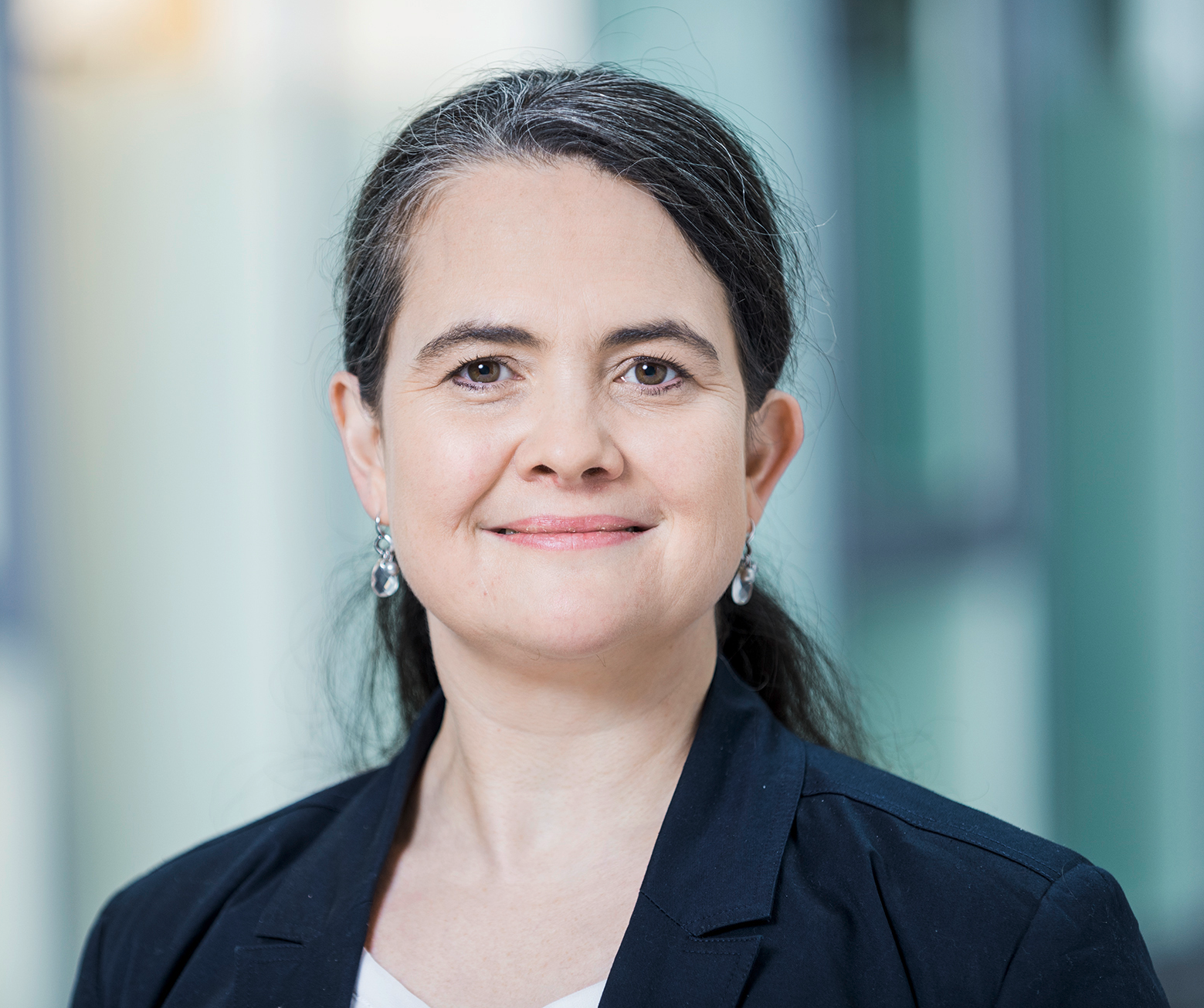Research Group CoupleSense: HIER - Health and Interpersonal Emotion Regulation
Our research emphasis lies on the investigation of interpersonal regulation in close relationships over the life-span. The main interest – the interplay between intra- and interpersonal emotion regulation – is investigated in connection with healthy aging. What role does intrapersonal emotion regulation (e.g. rumination) play in the context of social relations? What kind of mechanisms underlie interpersonal emotion regulation?
One focus of our research is on intra- and interpersonal emotion regulation in the context of depression, trauma, stress-response disorders, and physical illnesses (e.g., multimorbidity), as well as interpersonal processes that promote well-being. What differences exist across the life stages of adulthood? What is their significance for the development of social and emotional resources for healthy aging? In addition, we investigate which interventions can promote these beneficial processes, such as expressive writing and dyadic interventions.
The research group’s methodological core competence is dyadic ambulatory assessment, which enables an investigation of the variables of interest in everyday life and over time. In addition to subjective experiences, objective data is collected via sensing, e.g. how much time partners spend together in daily life and what they talk about. We place great importance on researching age-diverse and dyadic samples.
Another research focus is the analysis of language use in real-life conversations and expressive writing tasks searching for health-relevant parameters.
This research group’s projects are aimed to expand knowledge about interpersonal processes and their role in well-being as well as health stabilization across the life span.
Current studies:
CoCoCap65+: Interventionsstudie zur gemeinschaftsbasierten Förderung kognitiv-affektiver Fähigkeiten von Personen über 65 Jahren (Cooperation with Susan Mérillat, Matthias Kliegel and Alexandra Hering)
Past projects:
The language of the COVID-19 Pandemic: Investigating official communication and its relations with collective and individual emotions (Cooperation with Ryan L. Boyd)
The Pandemic Project: The study of people during COVID-19 (Cooperation with Ashwini Ashokkumar and James W. Pennebaker)
Co-Sense: Co-Regulation von Paaren im Alltag (Co-Regulation of couples in everyday life; information available in German only)
GUHR Studie: Gemeinsamer Umgang mit Herausforderungen des Ruhestands (Couples coping with the challenges of retirement; information available in German only)
GUGKS Studie: Gemeinsamer Umgang mit gesundheitlich komplexen Situationen (Couples coping with complex health situations; information available in German only)
NOGA-Studie: Narrative Online-Studie zu Gesundem Altern (information available in German only)
DE-LIWC2015: Update of the German LIWC dictionary (Cooperation with Markus Wolf, Ryan L. Boyd, Matthias R. Mehl und James W. Pennebaker)
Master's students:
|
Ronja Schmid, BSc. |
Leonie Abderhalden, BSc. |
Beatrice Iten, BSc. |
|
Laura Rempfler, BSc. |





